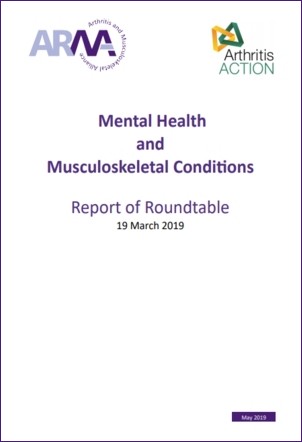 A new national trial is recruiting people with rare autoimmune diseases to measure their COVID-19 antibody response following at least 3 vaccinations.
A new national trial is recruiting people with rare autoimmune diseases to measure their COVID-19 antibody response following at least 3 vaccinations.
The MELODY study is recruiting immunocompromised people to determine the antibody levels they develop in response to COVID-19 vaccination.
The MELODY study aims to:
- Assess how many immunocompromised people have detectable antibodies against COVID-19 following at least 3 vaccines;
- Investigate whether a lack of detectable antibodies is associated with risk of infection over a 6-month period;
- Investigate what factors are associated with lack of detectable antibodies in immunocompromised people.
Read more of this article


 CEO update by Sue Brown
CEO update by Sue Brown
 ARMA has been working with the
ARMA has been working with the  Ration Watch aims to expose the scale of rationing and the issues around local commissioning across the UK.…
Ration Watch aims to expose the scale of rationing and the issues around local commissioning across the UK.… 


 November has been a very active month for ARMA. Not just in the sense that we are doing a lot but also that a lot of it has been about physical activity, which seems to be exciting and uniting the MSK community.
November has been a very active month for ARMA. Not just in the sense that we are doing a lot but also that a lot of it has been about physical activity, which seems to be exciting and uniting the MSK community.